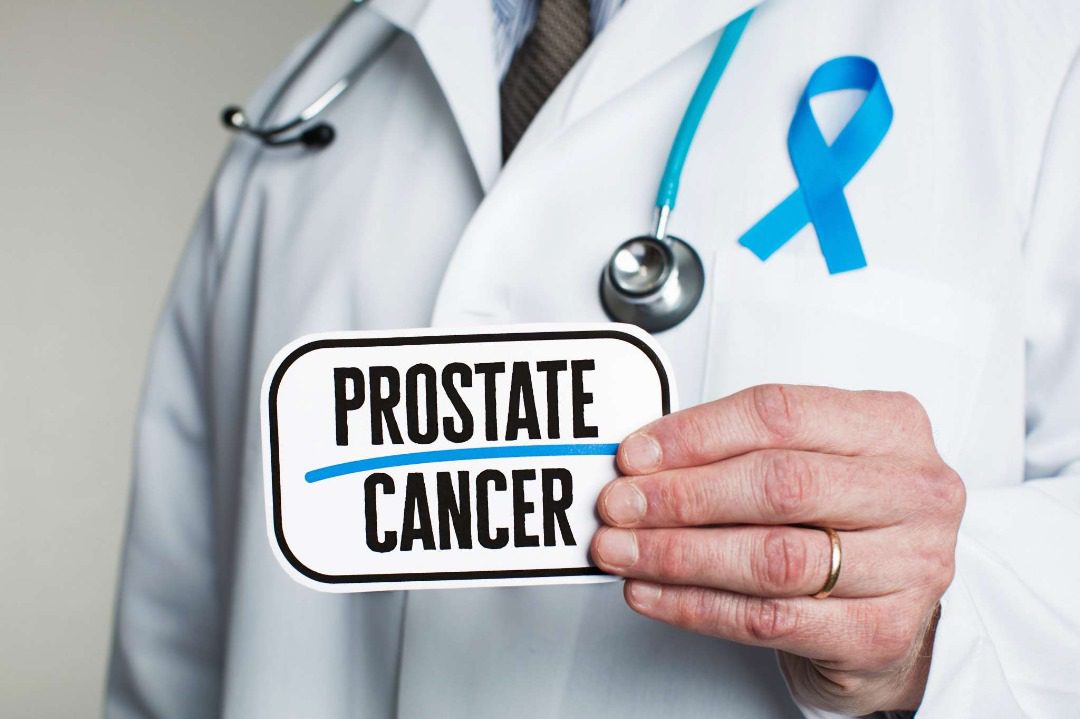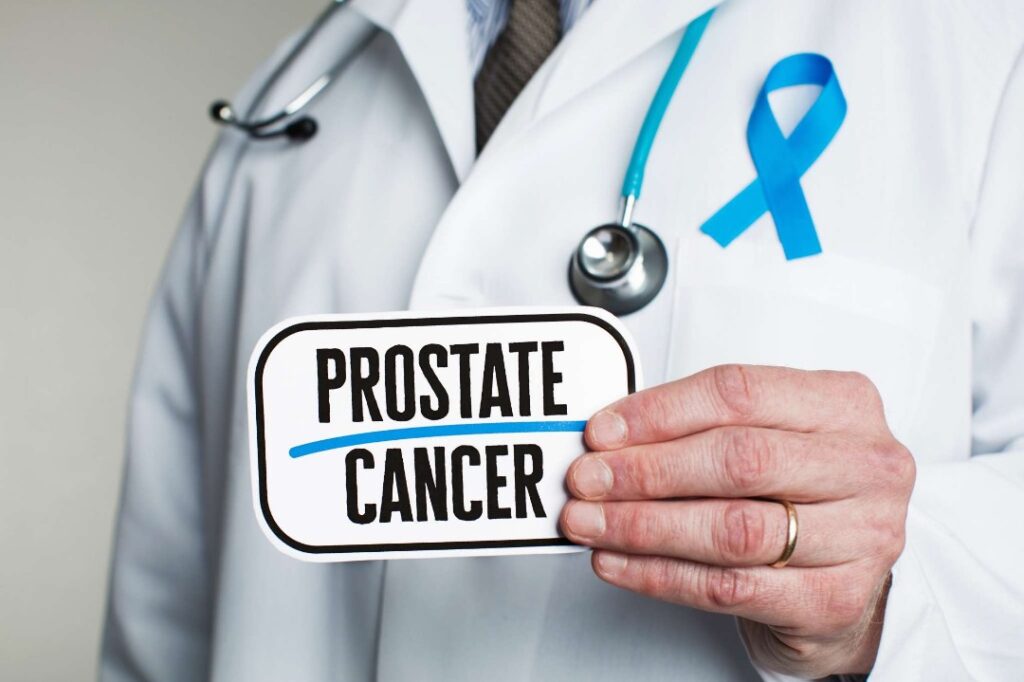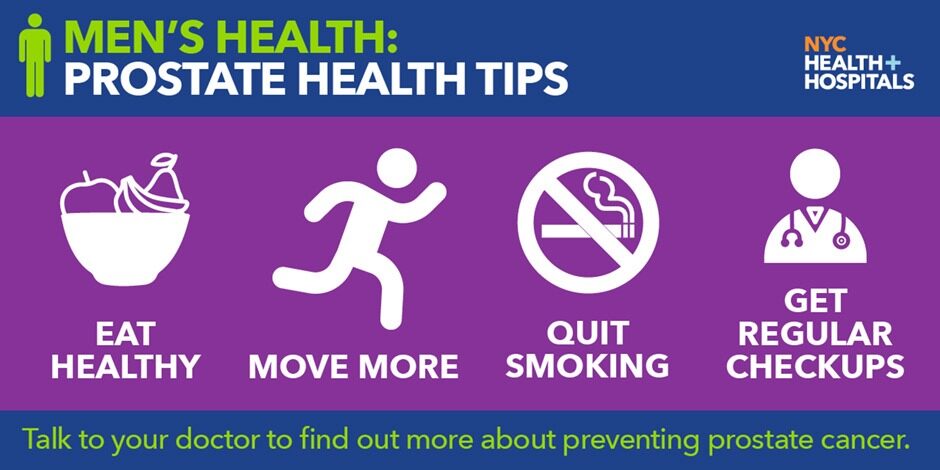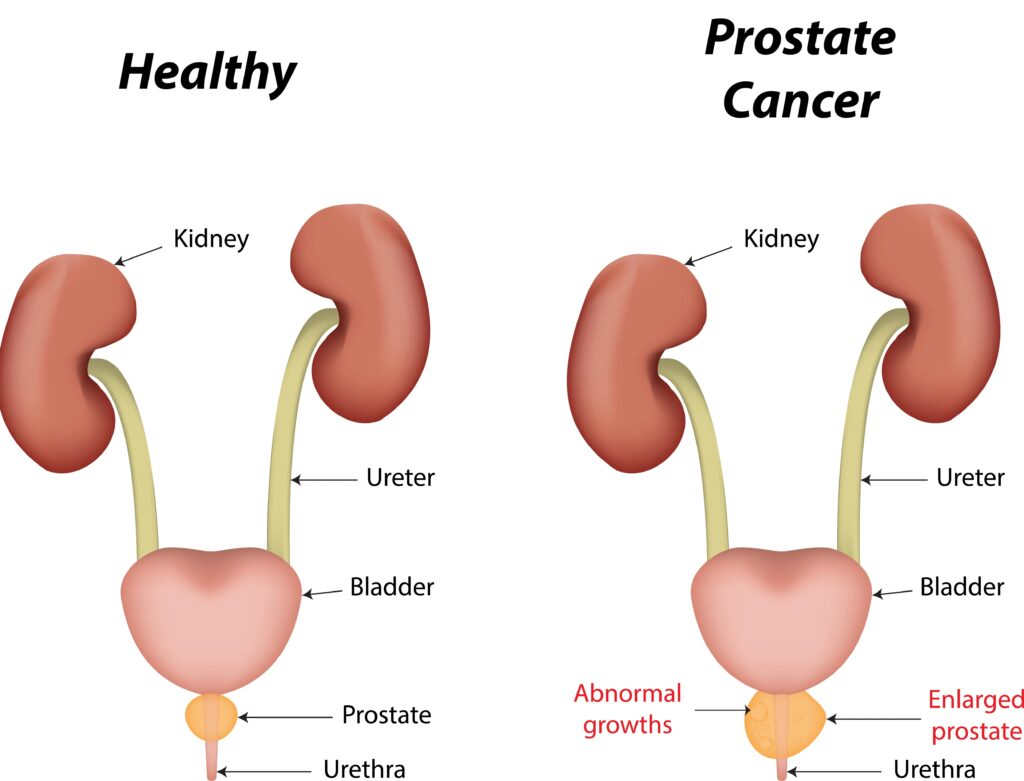

Men’s health is often overlooked until an issue arises, but awareness and prevention are key to long-term wellness. One area that demands attention is prostate health, especially for men in their early 30s. Prostate cancer is more common as men age, but understanding how to care for your prostate early on can significantly reduce your risk.

This guide will explore practical steps and lifestyle changes to help you maintain a healthy prostate and minimise cancer risks.

Prostate cancer begins when cells in the prostate gland grow uncontrollably. While it is one of the most common cancers among men, it is also one of the most treatable, especially when detected early. Regular screenings and awareness can lead to early detection, which significantly improves treatment outcomes.
Although prostate cancer is rare in your 30s, establishing healthy habits now can have long-lasting benefits. Early prevention strategies can reduce your risk factors and increase your chances of avoiding prostate-related issues later in life. By focusing on prevention in your early 30s, you can lay a strong foundation for continued health.
A balanced diet plays a crucial role in maintaining a healthy prostate. Incorporating foods rich in antioxidants, such as fruits and vegetables, can help reduce inflammation and lower cancer risk. Tomatoes, in particular, contain lycopene, a powerful antioxidant linked to prostate health. Regularly including leafy greens, berries, and nuts in your diet can also provide essential nutrients that support overall wellness.
Maintaining a healthy weight is important for reducing the risk of prostate cancer. Obesity has been linked to increased cancer risk and more aggressive forms of the disease. Engaging in regular physical activity and adopting healthy eating habits can help you stay within a healthy weight range and support your prostate health.
Regular exercise is a vital component of maintaining overall health and wellness. Physical activity helps regulate hormones, improve immune function, and reduce inflammation—all factors that contribute to a healthier prostate. Aim for at least 150 minutes of moderate aerobic exercise each week, such as brisk walking or cycling, and incorporate strength training exercises to build muscle and improve metabolism.
Early detection is crucial in managing prostate cancer effectively. Regular screenings, such as prostate-specific antigen (PSA) tests, can help identify potential issues before they become severe. Talk to your healthcare provider about when to start screenings based on your age, family history, and overall health.
Several factors can increase your risk of developing prostate cancer, including age, family history, race, and lifestyle. Men with a family history of prostate cancer are at higher risk and may benefit from earlier and more frequent screenings. Being aware of these risk factors can help you make informed decisions about your health and prevention strategies.
Chronic stress can negatively impact your overall health, including your prostate. High stress levels can lead to hormonal imbalances and inflammation, increasing cancer risk. Incorporating stress-reducing practices such as mindfulness, meditation, or yoga into your routine can help improve your mental well-being and support a healthy prostate.
Staying well-hydrated is essential for maintaining optimal bodily functions, including prostate health. Drinking enough water helps flush out toxins and supports the proper function of the urinary system. Aim for at least eight glasses of water daily, and adjust your intake based on activity level and climate.
Certain lifestyle habits can increase the risk of prostate cancer. Smoking, excessive alcohol consumption, and a sedentary lifestyle are known risk factors. Quitting smoking, moderating alcohol intake, and staying active can significantly reduce your chances of developing prostate-related issues.
Joining a community or support group can provide valuable encouragement and resources as you work to improve your prostate health. Connecting with others facing similar challenges can help you stay motivated, share tips, and learn from each other’s experiences. Many organisations and online communities offer support for men’s health and prostate cancer awareness.
Taking proactive steps to maintain prostate health in your early 30s can have a significant impact on your long-term well-being. By focusing on prevention through diet, exercise, regular screenings, and stress management, you can reduce your risk of prostate cancer and other related issues. Remember, the choices you make today will shape your future health, so start implementing these strategies and consult with your healthcare provider to tailor a plan that works best for you.
For those eager to learn more about maintaining prostate health, consider exploring additional resources or speaking with medical professionals specialising in men’s health. Your future self will thank you for the foresight and commitment you demonstrate today.
For more information, read here



